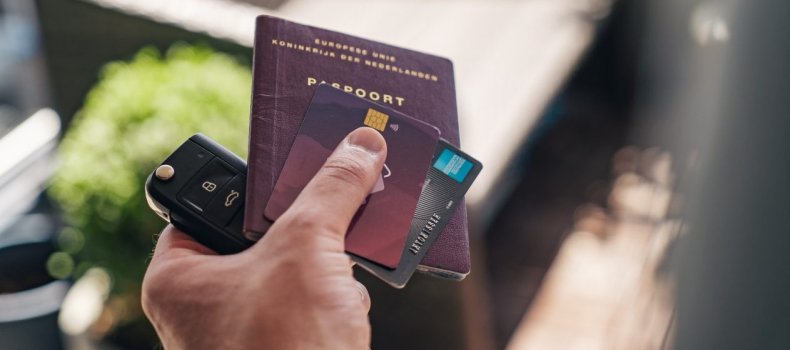Service providers control our access to these digital identities linked through devices, apps, and services. Due to this, internet users have fallen victim to cybercriminals who misuse their online identities to access personal data and confidential information.
By allowing various third parties access to their digital identities through different applications, users give away their power to control their online identity data. This, in turn, makes it very difficult for people to control access to their data, whether that means shielding their private information from marketers or keeping confidential information hidden from fraudsters.
This article will discuss the concept of using a decentralized identity for authentication, how this relates to blockchain, and some of the benefits of adopting this new authentication method.
WHAT EXACTLY IS A DECENTRALIZED IDENTITY?
The concept of a decentralized identity depends on a framework that allows users to manage their identities directly. A decentralized identity, using a reliable software trusted in generating authentication of your identity, uses an “identity wallet” to verify a person’s identity data for a variety of different websites and applications.
Much like an ID card stored in a wallet in real life, the authentication can be presented for approval by the third party without ever leaving the hands of the user whose identity is being verified. By controlling your identity through one source – the digital identity wallet – you can avoid having copies of your identifying information stored in multiple places with multiple providers.
As companies and individuals migrate towards secure cloud-based computing, it has never been more important for people to take control of their digital identities. Although cloud-based data management relies on authentication methods that are preferable to easily guessed passwords or PINs, many risks are still present.
Continue reading: https://dataconomy.com/2022/06/decentralized-identity-data-blockchain/
By allowing various third parties access to their digital identities through different applications, users give away their power to control their online identity data. This, in turn, makes it very difficult for people to control access to their data, whether that means shielding their private information from marketers or keeping confidential information hidden from fraudsters.
This article will discuss the concept of using a decentralized identity for authentication, how this relates to blockchain, and some of the benefits of adopting this new authentication method.
WHAT EXACTLY IS A DECENTRALIZED IDENTITY?
The concept of a decentralized identity depends on a framework that allows users to manage their identities directly. A decentralized identity, using a reliable software trusted in generating authentication of your identity, uses an “identity wallet” to verify a person’s identity data for a variety of different websites and applications.
Much like an ID card stored in a wallet in real life, the authentication can be presented for approval by the third party without ever leaving the hands of the user whose identity is being verified. By controlling your identity through one source – the digital identity wallet – you can avoid having copies of your identifying information stored in multiple places with multiple providers.
As companies and individuals migrate towards secure cloud-based computing, it has never been more important for people to take control of their digital identities. Although cloud-based data management relies on authentication methods that are preferable to easily guessed passwords or PINs, many risks are still present.
Continue reading: https://dataconomy.com/2022/06/decentralized-identity-data-blockchain/

